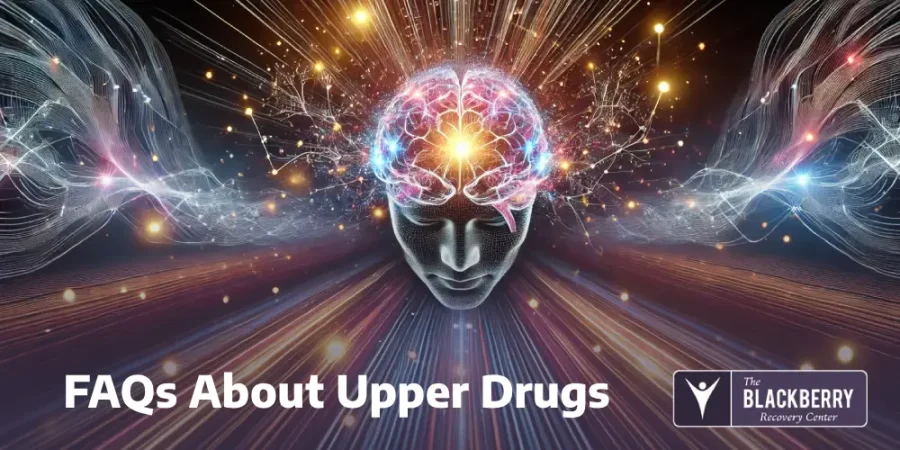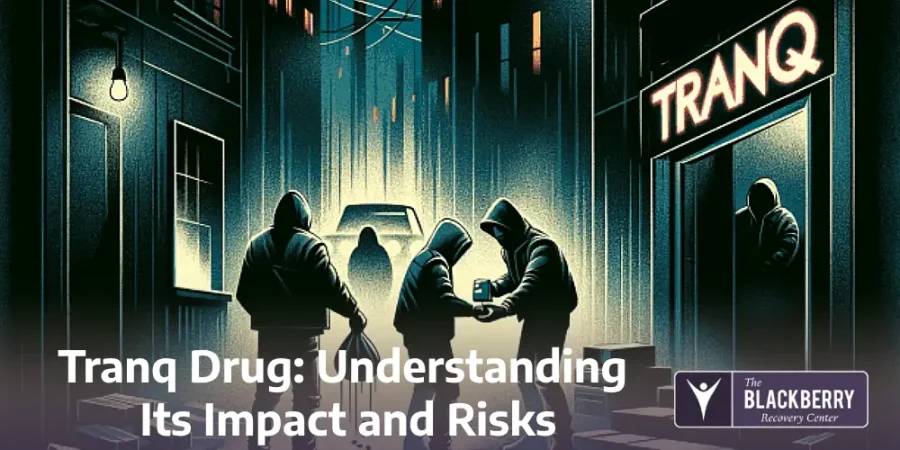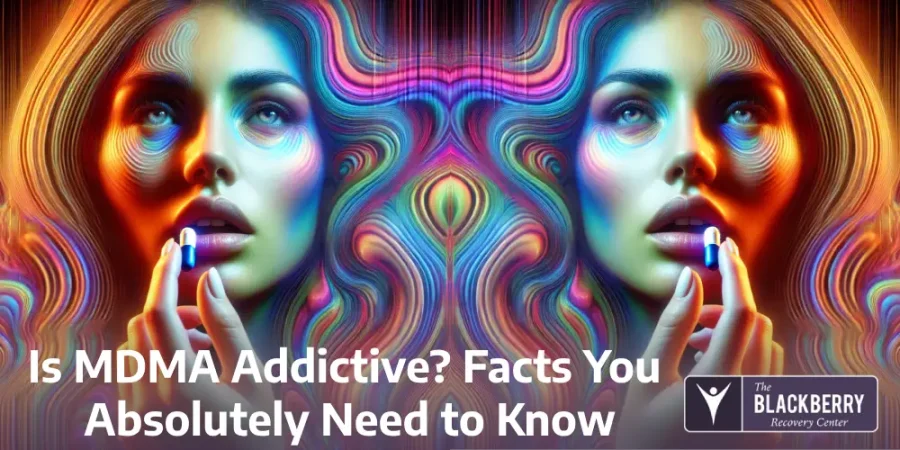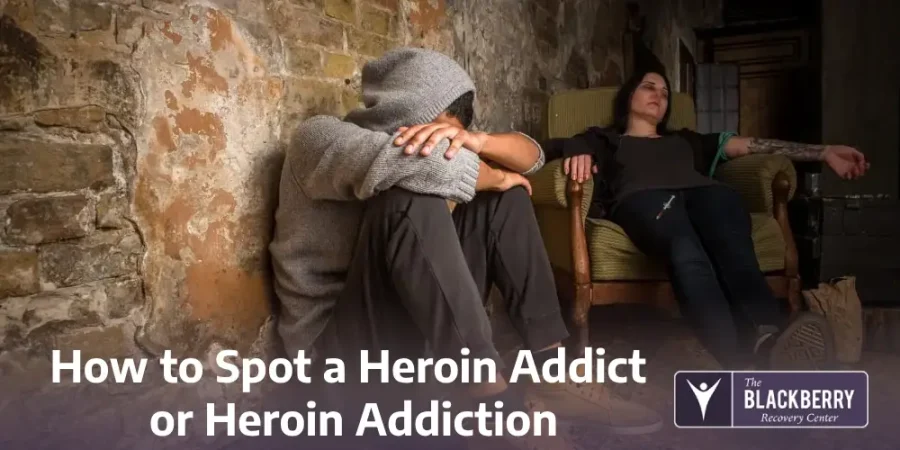“Upper drugs” is a drug slang term that refers to drugs that act as central nervous system (CNS) stimulants. Also referred to as speed, stimulants can be both legal and illicitly made. While there are legitimate uses for stimulant drugs, most uppers carry addictive potential, and they often lead to drug tolerance and stimulant misuse. Learn more about upper drugs, why they’re dangerous, and how to recognize if someone is abusing CNS stimulants.
What Are Upper Drugs?
Uppers are drugs that stimulate the brain and body. The immediate effects of stimulants result in temporarily increased energy, heightened focus, and improved mood of the person using stimulants. In addition, uppers also increase the heart rate, blood pressure, and body temperature of the user.
This is in opposition to downers, or drugs that act as CNS depressants. Both uppers and downers are widely prescribed throughout the U.S., and each comes with its own risk of dependency and addiction. In fact, the use of stimulant prescription drugs has more than doubled in recent decades and has continued to increase during the coronavirus pandemic.
What Drugs Are Uppers?
A list of stimulants includes both legal and illicit drugs ranging from caffeine and nicotine to street drugs. In terms of medications, legal stimulants include prescription uppers designed to treat ADHD, narcolepsy, and sometimes depression. Common prescription ADHD medications include:
- Dexedrine (dextroamphetamine)
- Adderall (dextroamphetamine/amphetamine)
- Ritalin (methylphenidate)
- Concerta (methylphenidate)
- Vyvanse (lisdexamfetamine dimesylate)
Prescription uppers are usually taken in pill form. Because of their ability to increase performance, upper drugs are widely misused on college campuses and in the workplace. This is concerning due to the fact that even when used as prescribed, a stimulant tolerance can develop quickly, leading to dependency or addiction to upper drugs. This risk is amplified with the use of illegal stimulants.
Illegal uppers include street drugs varying in potency and chemical makeup. Oftentimes illegal upper drugs are cheap and easy to make, allowing for the dangerous unregulated distribution of homemade drugs.
Illicit upper drugs include:
- Methamphetamine (meth)
- Cocaine
- Crack
- Ecstasy (MDMA/Molly)
- Bath Salts (MDPV)
Illegal uppers can be snorted, stamped into pill form, injected, or smoked. The associated drug paraphernalia that accompanies stimulant abuse will vary depending on the route of administration but could include straws, powder residue, pipes, or lighters.
What Do Stimulants Do?
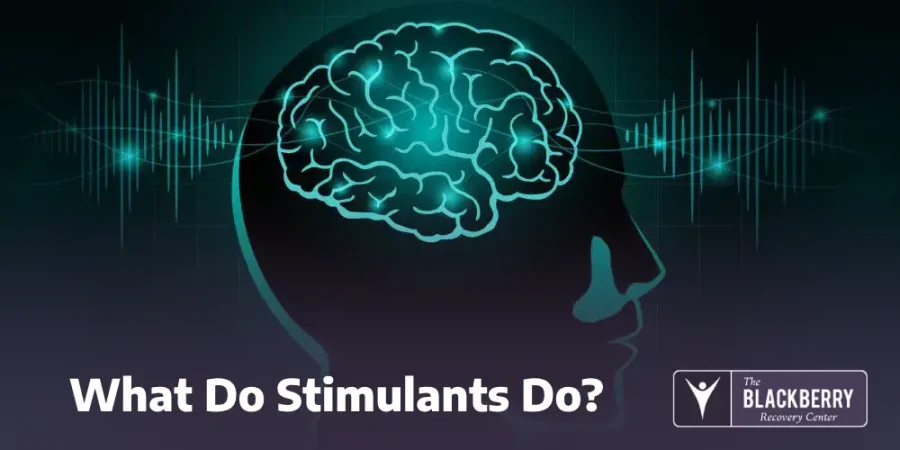
What Do Stimulants Do?
Drugs that are uppers operate in a manner that encourages ongoing drug use. Whether a legal prescription to stimulants or illicit street drugs, upper drugs cause the release of feel good chemicals like dopamine and norepinephrine in the brain. These chemicals are responsible for the euphoric energy rush that users of upper drugs experience.
However, once upper drugs wear off, stimulant users are often left completely fatigued. In addition, a low or depressed mood often occurs due to the absence of mood regulating chemicals in the brain. It is this stimulant crash that encourages the person to use upper drugs again, in an effort to regain an energetic, euphoric state.
What Are the Side Effects of Stimulants on the Body?
Taken in small doses, some the short term effects of upper drugs include:
- Elevated mood or feelings of well being
- Talkativeness
- Increased heart rate and blood pressure
- Reduced appetite
- Increased energy
- Increased thirst
Higher doses of stimulants can cause side effects such as:
- Nausea
- Tension
- Muscle weakness or spasms
- Anxiety
- Tremors
- Hallucinations or delusions
- Paranoia
- Aggression or hostility
- Tolerance
When used in the long term, stimulant use can cause respiratory issues, chronic fatigue, heart problems, mood and mental disorders, chemical dependence, addiction, and overdose. Signs of stimulant abuse include sudden weight loss, changes in behavior or sleep patterns, hostility, and shifting between hyperactivity and exhaustion.
How Do You Quit Upper Drugs?
Stimulant use has been on the rise both nationally and in Florida specifically. Uppers are widely available, highly addictive, and difficult to quit. And unlike opioids and alcohol, there are not many medications available to alleviate stimulant withdrawal. However, recovering from stimulant abuse or addiction is possible through detox and behavioral therapy.
One of the best environments for managing addiction to uppers is in a drug rehab that is well versed in treating your specific symptoms. Ideally, a facility with dual diagnosis should be chosen in order to effectively address any co-occurring mental health issues that may be encouraging the addiction.
Stimulant Addiction Treatment in Central Florida
At the Blackberry Center outside of Orlando, Florida, our treatment teams are experts at treating addiction and mental health disorders. Some of the services offered by our accredited Florida drug rehab facility include:
- Drug and Alcohol detox
- Inpatient Treatment
- Partial Hospitalization Program (PHP)
- Crisis Stabilization Services
Within these programs our Florida drug rehab offers a range of treatment modalities such as:
- Cognitive Behavioral Therapy (CBT)
- Faith-Based Treatment Options
- Medication Management
- Addiction Education
- Nutritional Education
- Recreational Therapy
- Discharge Planning and Follow-Up Care
At our addiction treatment center, we know just how difficult quitting stimulants can be. But at The Blackberry Center, you won’t have to face these challenges alone, and our commitment continues long after you finish treatment at our central Florida rehab. To learn more about our levels of care and the programs we offer, give us a call at (813) 908-4199 or submit a confidential contact form to get started on your recovery today.
Video
The Future of Chemically Assisted Work – TED Talk
When we think about technology’s relationship with education, we tend to picture a very symbiotic partnership wherein smartly designed EdTech consumer products and digital student/teacher platforms work to increase accessibility, fairness, and effectiveness in education environments like schools and colleges. With core ingredients such as amphetamine, methylphenidate and modafinil, study drugs is an umbrella term that encompasses commercial drugs, including the likes of Adderall, Ritalin and Provigil. Amphetamine, Methylphenidate and Modafinil were all synthesized between the late 1800s and the mid-1900s
Podcast
Brain Enhancers: ‘Professor’s Little Helper’? Dexedrine Amphetamine – NPR
NEARY: I was going to ask you, what’s the difference between this and, say, Dexedrine or what it used to be called, speed, which I think kids used to use before they were studying for exams. What’s the difference between the kinds of drugs we’re talking about and those kinds of drugs?
Dr. VOLKOW: Well, Dexedrine is an amphetamine-like compound and there are two isomers of them, and when you have Adderall, you have the Dexedrine plus the amphetamine, so the most commonly utilized medication right now abused on colleges based on the recent surveys is this combination of the Dexedrine with the amphetamine. And that’s also a very effective medication for attention deficit disorder. All of these medications are stimulants, strong stimulant medications that will enhance alertness and will improve concentration.
ADHD Drug Concerns – Concerta – NPR
The U.S. Food and Drug Administration has received 135 reports of serious side effects for Concerta, a widely prescribed drug to treat attention deficit hyperactivity disorder in children. Potential side effects include psychosis, hallucinations and anxiety. Farai Chideya speaks with NPR’s health policy correspondent Joanne Silberner.
Ritalin – NPR
Commentator Howard Markel, a Michigan pediatrician, talks about drugs such as Ritalin that are used to treat children who have Attention Deficit Hyperactivity Disorder.
FAQ
- What are upper drugs?
Upper drugs, also known as stimulants, are substances that increase alertness, energy, and focus by stimulating the central nervous system. - What are common examples of upper drugs?
Common stimulants include cocaine, methamphetamine, amphetamines (like Adderall), and caffeine. - What are the side effects of upper drugs?
Side effects can include increased heart rate, anxiety, insomnia, hallucinations, and addiction. - Are upper drugs addictive?
Yes, they have a high potential for addiction due to their impact on dopamine levels. - How are upper drug addictions treated?
Treatment often involves behavioral therapy, counseling, and, in some cases, medications to manage withdrawal symptoms.

